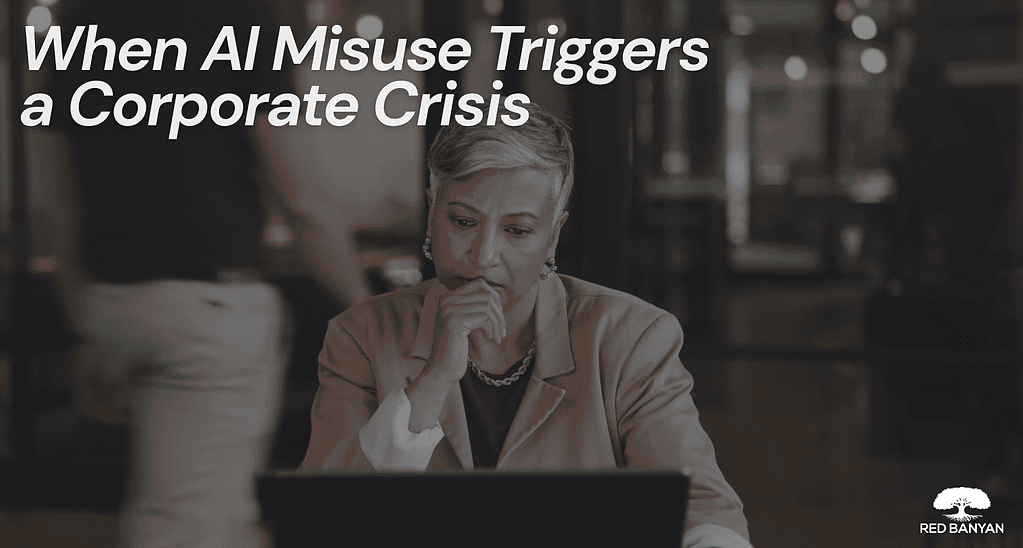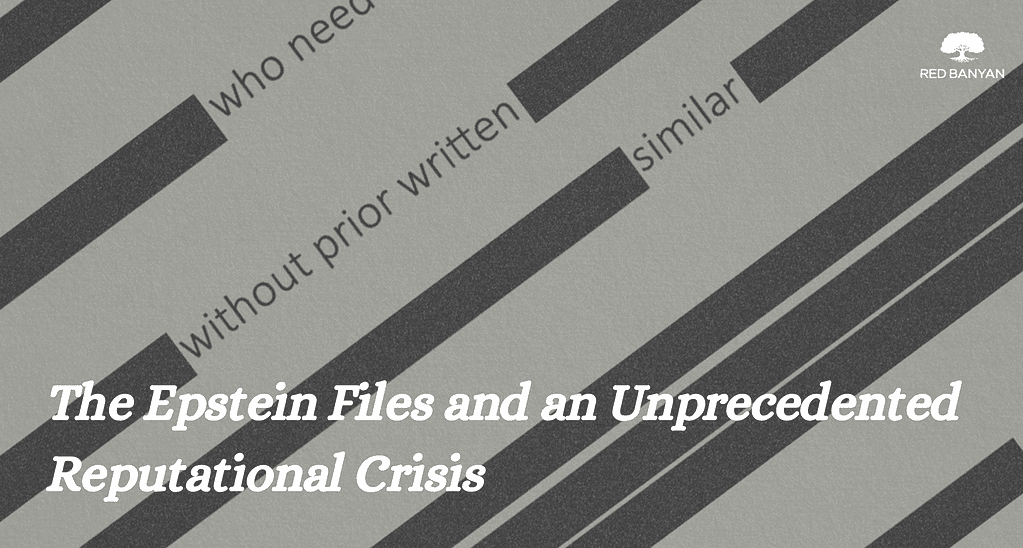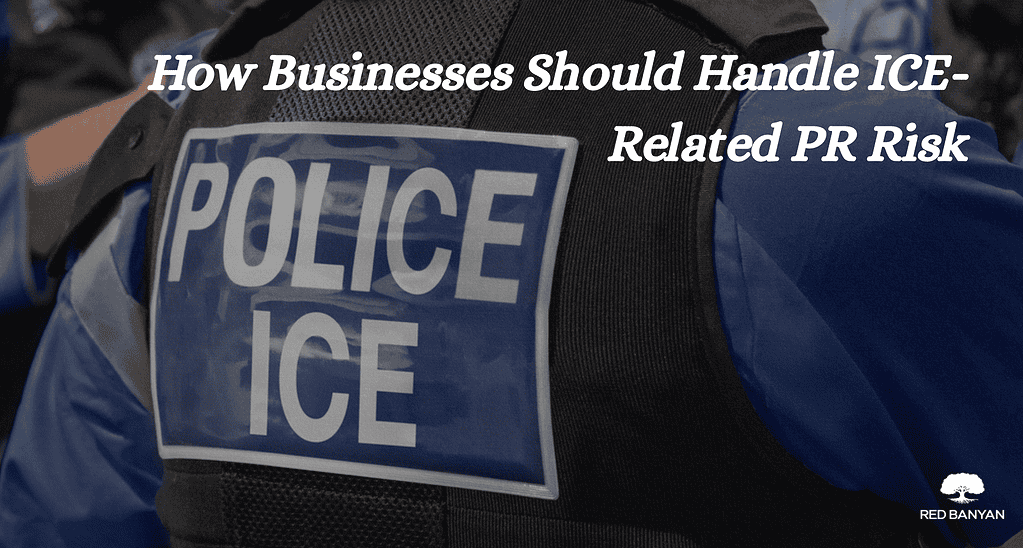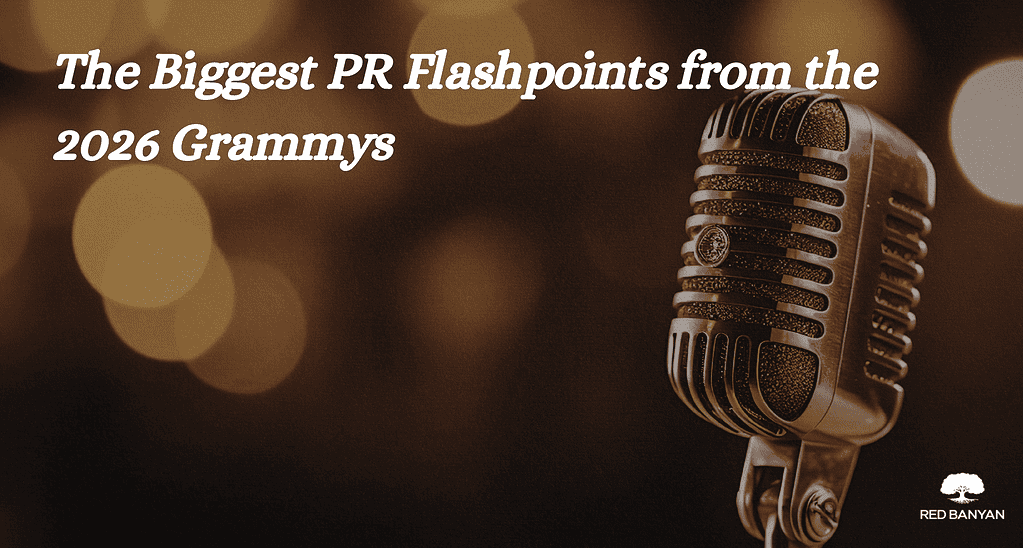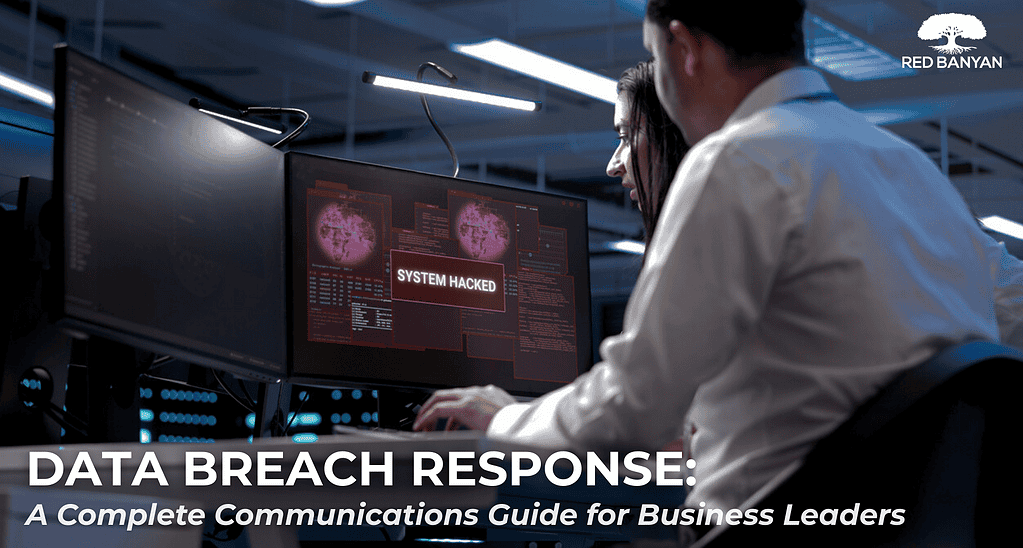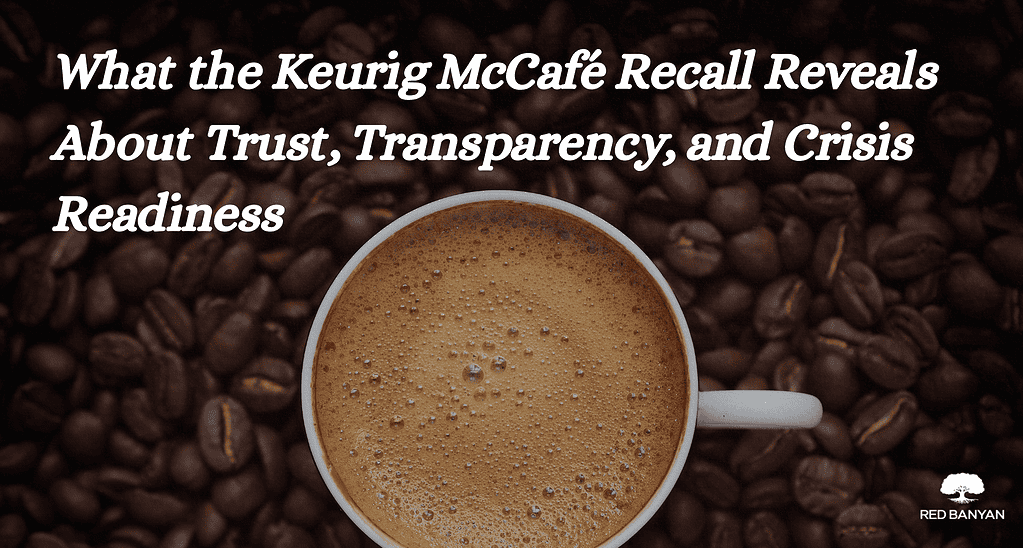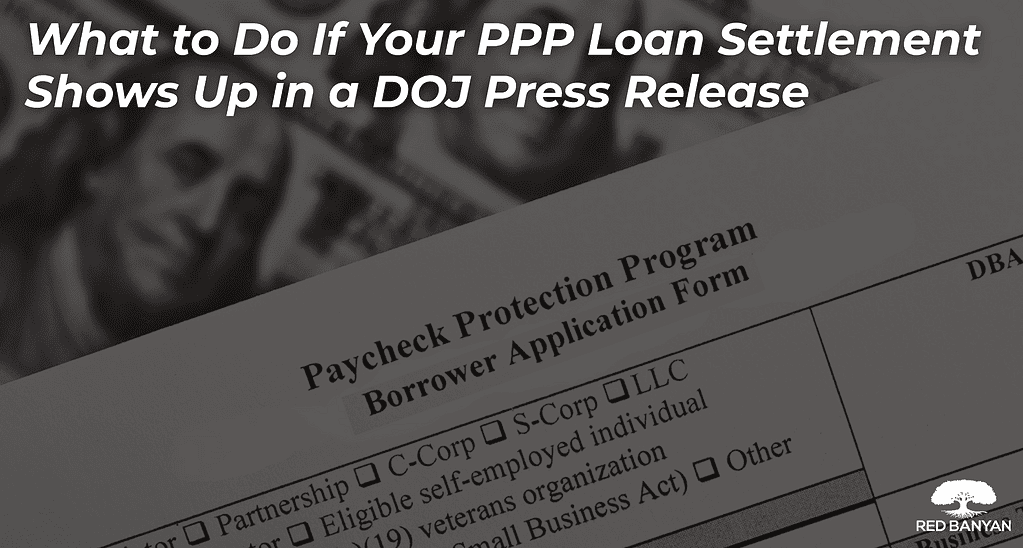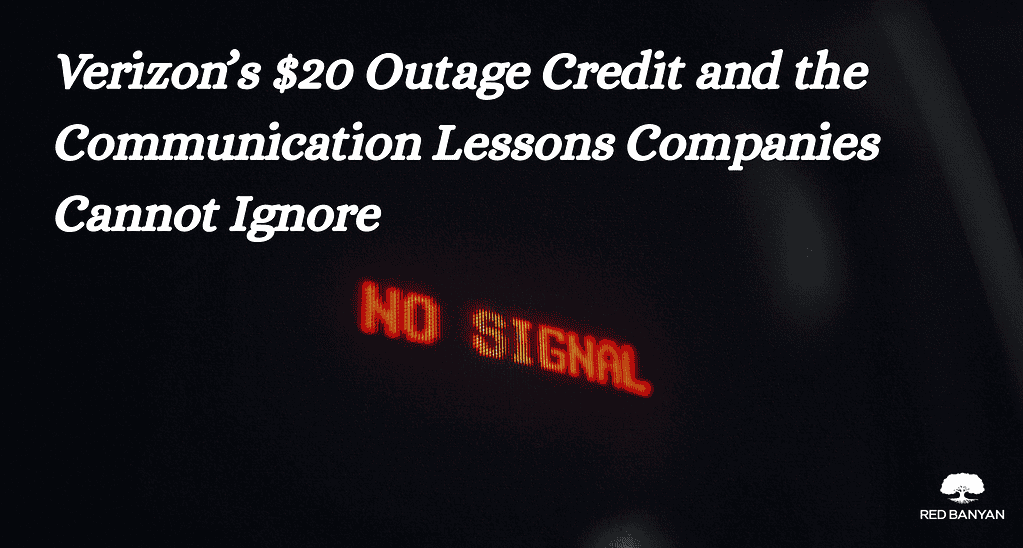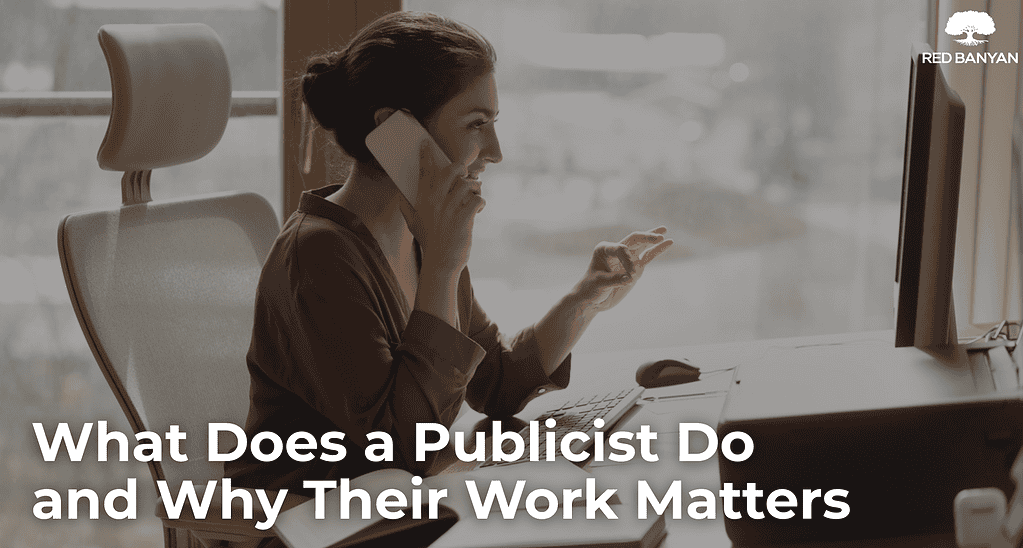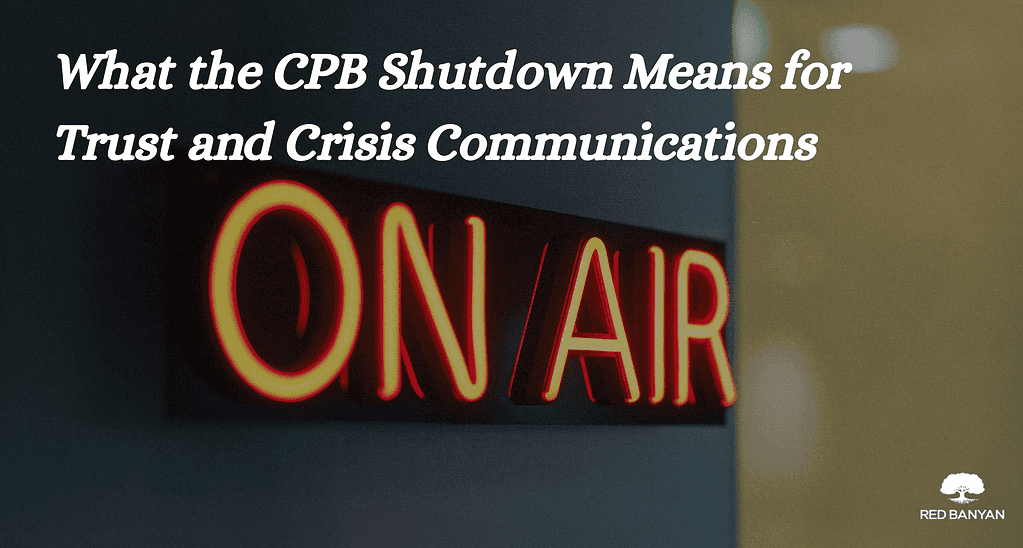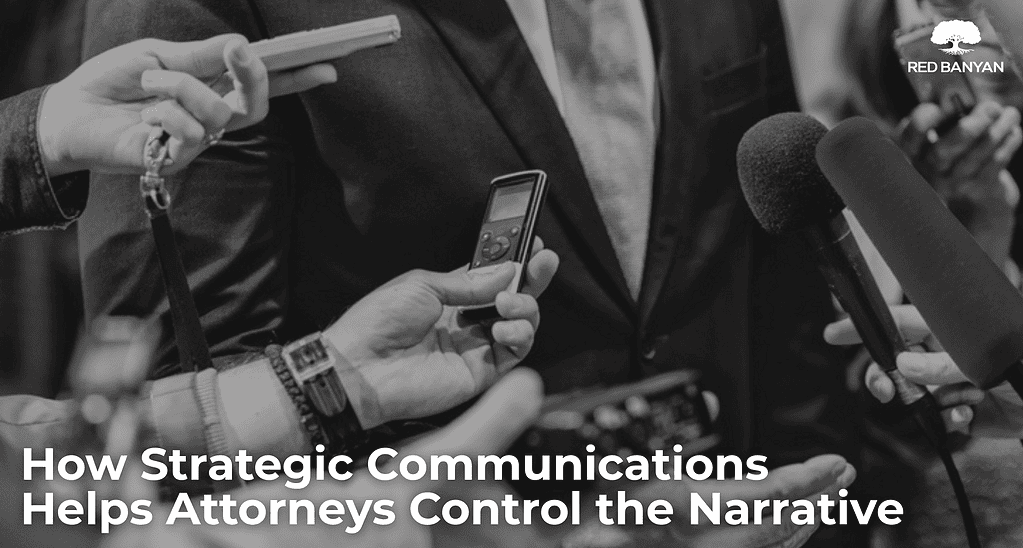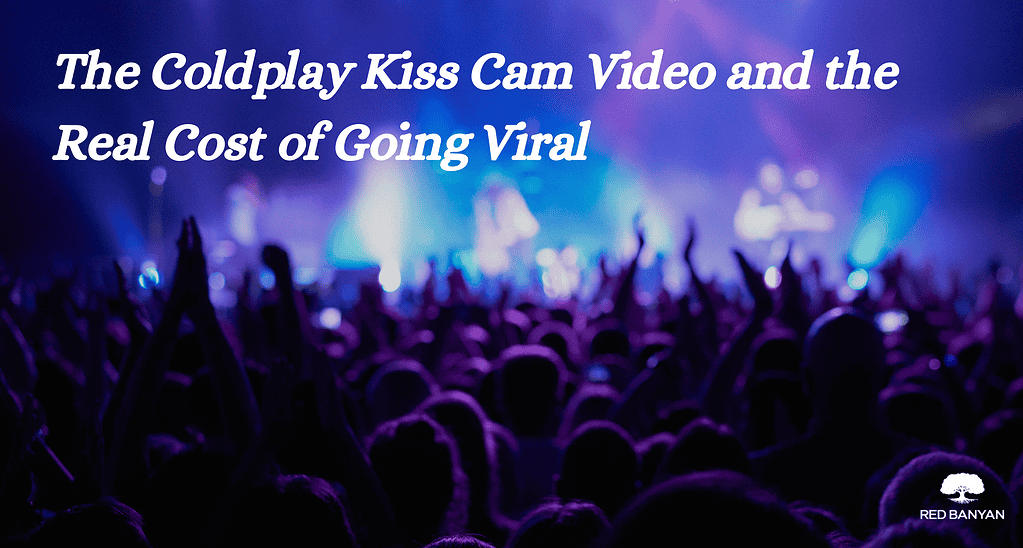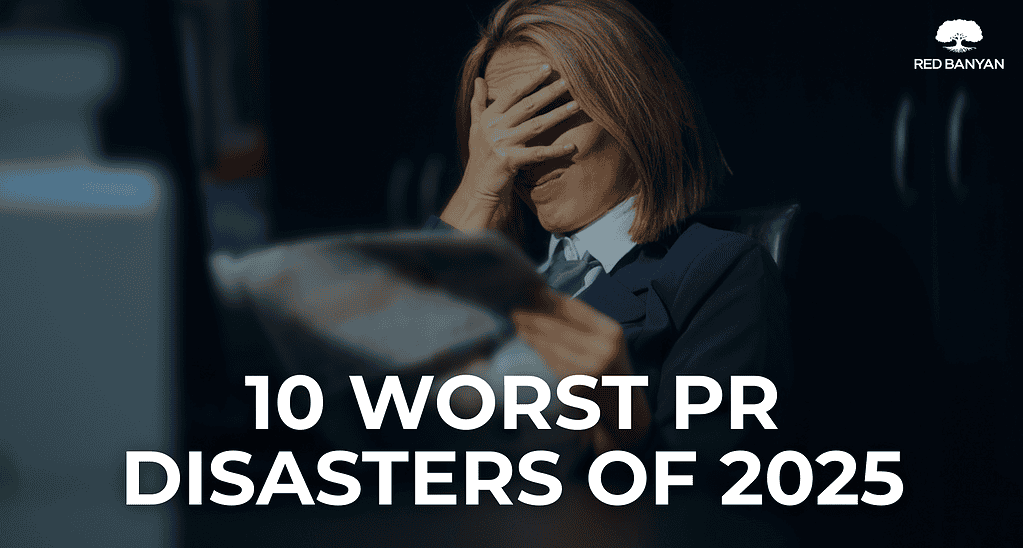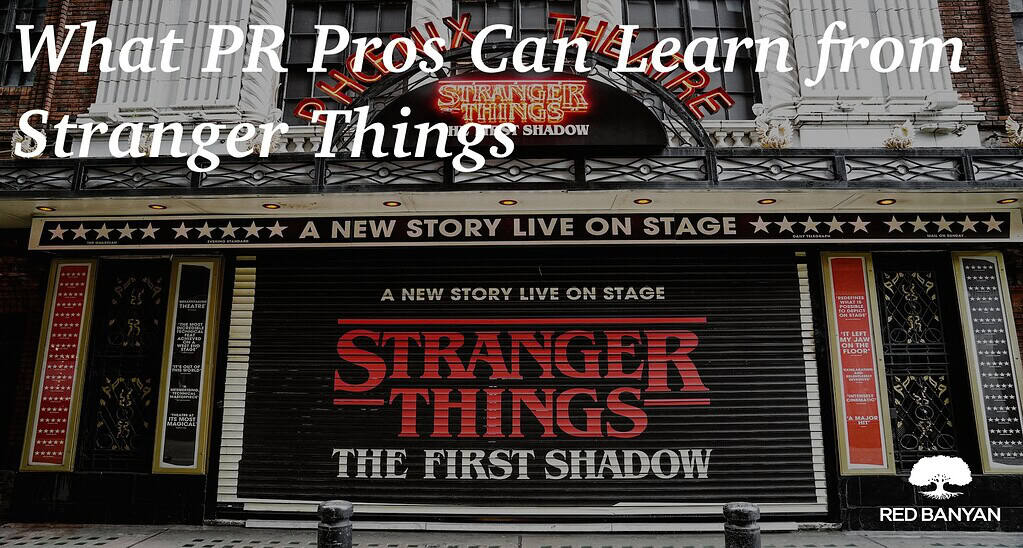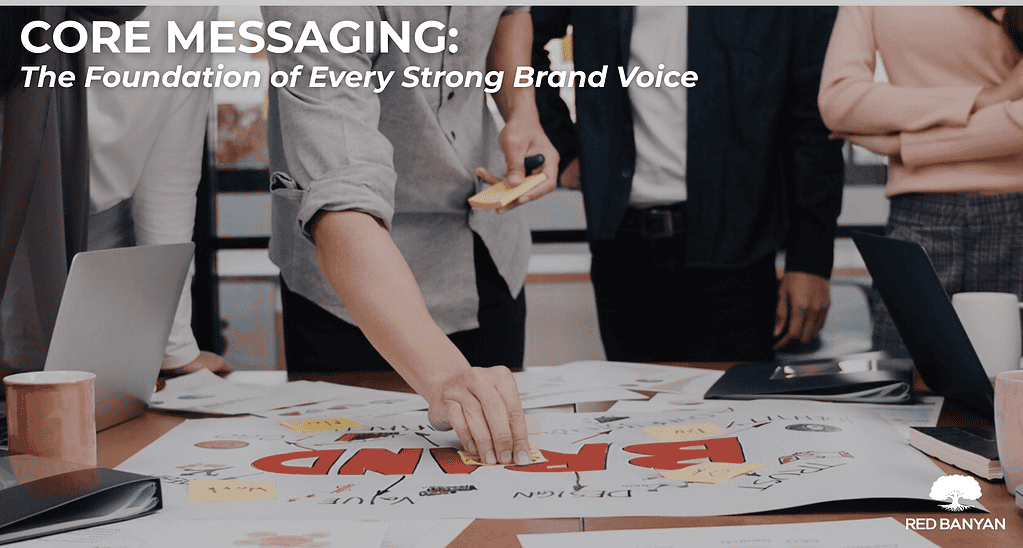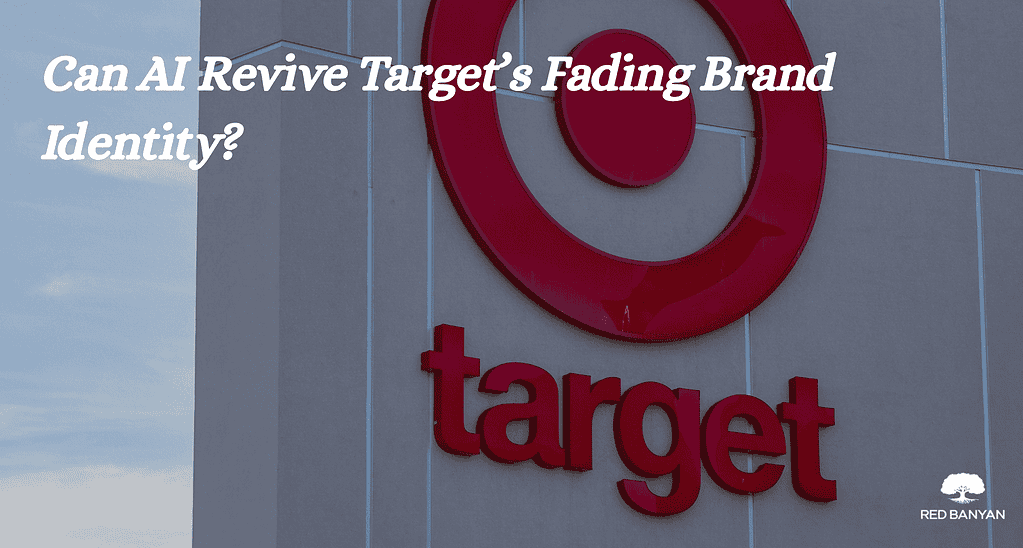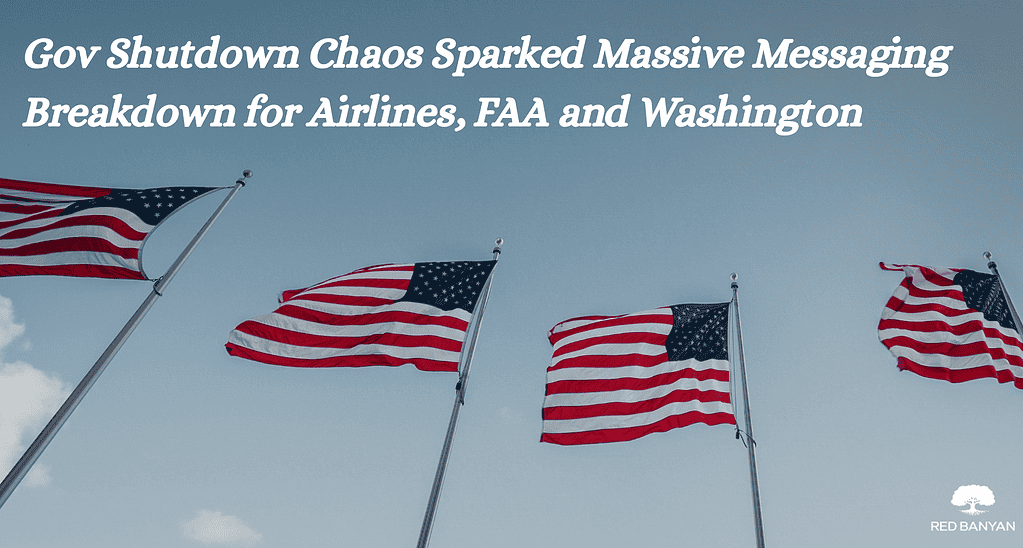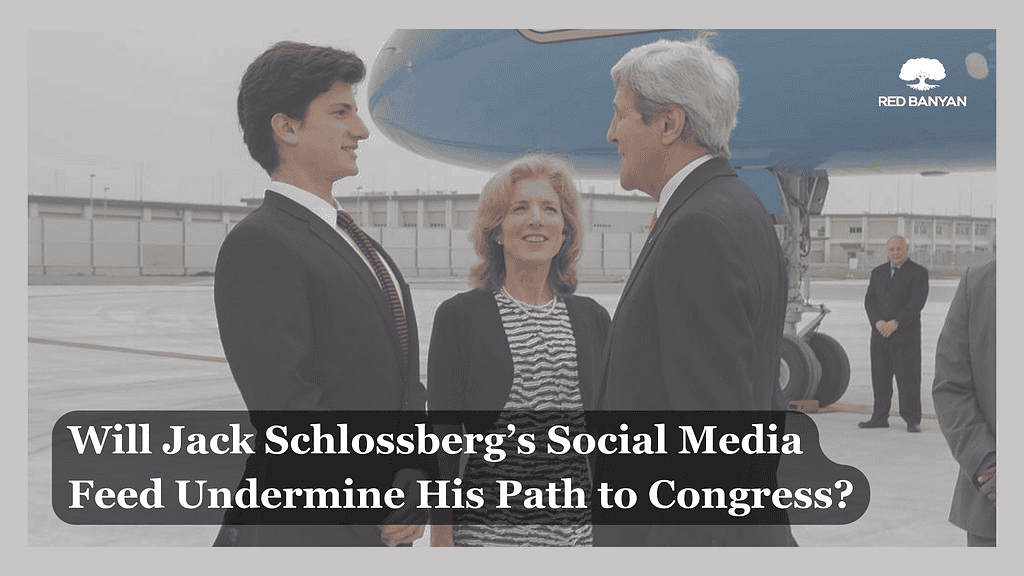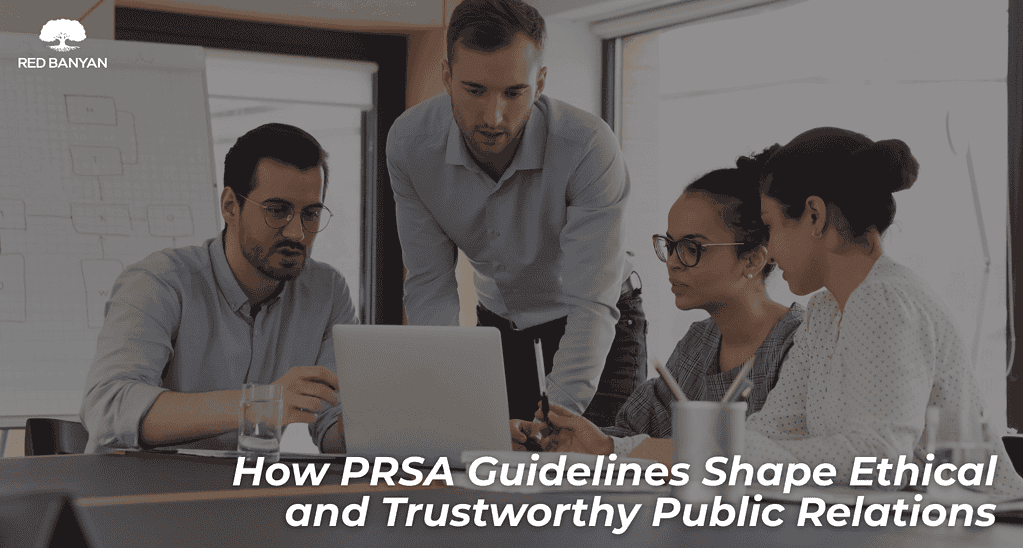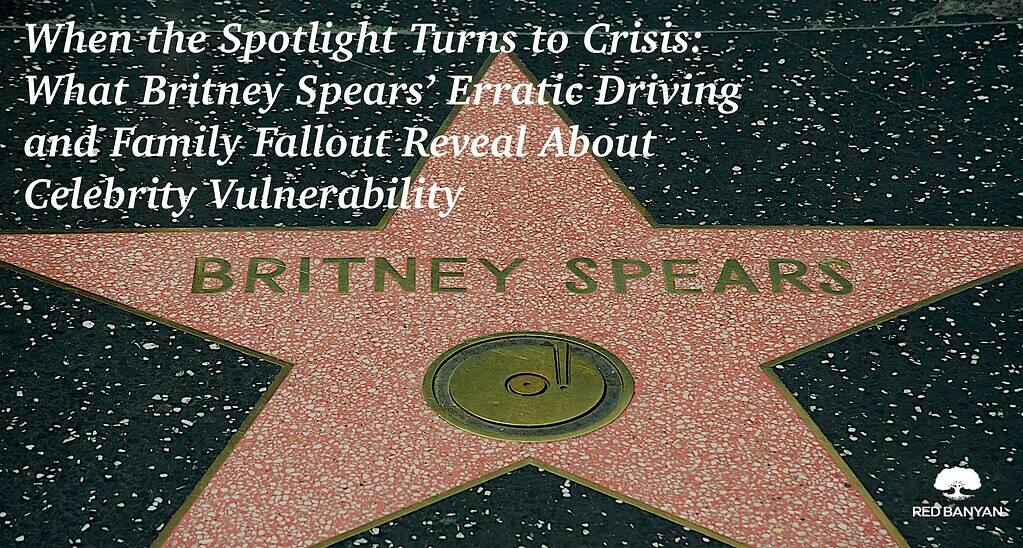When the urgency of care meets the scrutiny of the public eye, the role of a healthcare public relations (PR) agency becomes not just relevant but essential. With decades of experience in public relations and crisis management, Red Banyan has witnessed the transformative power of adept PR strategies that not only safeguard but also enhance the reputation of healthcare organizations.
Imagine a world where every healthcare provider not only excels at delivering top-notch care but also at communicating effectively with their patients, stakeholders, and the broader public. This is the world that healthcare PR agencies strive to create– the bridge between healthcare entities and the public, ensuring that the messages conveyed build trust and foster long-term relationships.
Crafting a Narrative of Trust and Professionalism
At the heart of any healthcare PR strategy lies the ability to tell a compelling story. This narrative isn’t just about the services provided but also about the impact of these services on the community.
Let’s take a hospital that has introduced a groundbreaking treatment as an example. The role of a healthcare PR agency is to convey not just the facts but the story of the treatment—the lives it saves and the quality of life it improves.
This storytelling turns statistical data into relatable stories that resonate with the audience, enhancing the hospital’s image as a leader in medical innovation.
Navigating the Choppy Waters of Crisis Management
Crisis management is an inevitable part of public relations in healthcare due to the high stakes involved. Whether it’s a data breach revealing patients’ private health records or a misstep in patient care, the fallout can be devastating if not handled correctly.
A healthcare PR agency steps in with a proactive crisis plan that includes immediate acknowledgment of the issue, transparent communication about the steps being taken to address it, and, most importantly, a sincere apology when necessary. By managing the crisis effectively, the agency helps the healthcare provider regain control of the narrative, often emerging with a stronger bond of trust with their stakeholders.
Building Bridges Through Media Relations
Media relations involve more than just sending out press releases. It’s about building ongoing relationships with journalists and influencers in the healthcare space. A well-executed media strategy involves identifying the right media outlets, crafting compelling pitches that highlight innovative aspects of healthcare delivery, and organizing events that allow direct interaction between the media and healthcare professionals. These interactions provide the media with insights into the provider’s contributions to healthcare, which in turn helps shape their public perception positively.
Enhancing Community Engagement Through Events
Consider the meticulous organization required to launch a health fair. From planning the layout of booths to ensuring each speaker is prepared, healthcare-focused PR agencies orchestrate every detail with precision. These agencies understand that such events are pivotal not just for the direct interaction they facilitate but also for the media coverage they generate.
By managing logistics, coordinating schedules, and promoting the event, PR professionals ensure a seamless experience that leaves a lasting impression. Each successful event reinforces the healthcare provider’s image as an engaged and proactive member of the community, showcasing their commitment to public health and community involvement.
The Continuous Journey
As we navigate the complex world of healthcare, the role of a healthcare PR agency becomes increasingly significant. These agencies do more than just manage perceptions. Through strategic communication, crisis management, media relations, and event planning, they ensure healthcare organizations maintain a positive public image. This comprehensive approach protects and enhances the reputation of healthcare providers, ensuring that they are seen as trustworthy and reliable entities dedicated to patient well-being.
Investment in strategic communications can also have a direct impact on a healthcare provider’s bottom line. By effectively conveying their value and services, PR agencies can help healthcare providers attract new patients and retain existing ones, ultimately driving revenue growth.
In essence, healthcare PR is about creating a reality where providers and communities thrive together in a relationship built on trust and transparency. As new challenges and opportunities arise, PR professionals will be essential in navigating the dynamic landscape of healthcare, ensuring organizations remain resilient and responsive.
Frequesntly Asked Questions about Healthcare PR
Q1: What qualifications should I look for in a healthcare PR agency?
When selecting a healthcare PR agency, look for a team with extensive experience in the healthcare industry, such as Red Banyan. They should have a proven track record of managing public relations for healthcare organizations and a deep understanding of the regulatory landscape.
Q2: How do healthcare PR agencies handle confidentiality and patient privacy?
Healthcare PR agencies must adhere to strict confidentiality agreements and comply with regulations such as the Health Insurance Portability and Accountability Act (HIPAA). They implement robust data protection measures and ensure that all communications are compliant with privacy laws to protect patient information.
Q3: Can a healthcare PR agency help with social media management?
Absolutely. Healthcare PR agencies are skilled in managing social media platforms, creating engaging content, and monitoring online conversations. They can help healthcare organizations build a strong online presence, engage with their audience, and address any negative feedback or misinformation quickly.
Q4: How do healthcare PR agencies measure the success of their campaigns?
Success can be measured through various metrics, including media coverage, social media engagement, website traffic, and patient feedback. Agencies often use analytics tools to track these metrics and provide detailed reports to their clients, highlighting the impact of their PR efforts and areas for improvement.
Q5: How do healthcare PR agencies collaborate with internal marketing teams?
Collaboration is key. PR agencies that work with healthcare providers collaborate closely with internal marketing teams to align PR strategies with overall marketing goals. They ensure that messaging is consistent across all platforms and that PR efforts support broader marketing campaigns. Regular meetings and clear communication channels are essential for effective collaboration.
Q6: What role do healthcare PR agencies play in reputation management?
Healthcare-focused PR agencies play a crucial role in reputation management by monitoring public perception, addressing negative publicity, and promoting positive stories about the organization. They develop strategies to build and maintain a positive image, which includes responding to crises, engaging with the media, and creating compelling content that highlights the organization’s strengths.
Q7: Can healthcare PR agencies assist with employee communication?
Yes, effective internal communication is a significant aspect of PR. Healthcare PR agencies can help develop internal communication strategies to keep employees informed and engaged. This includes crafting messages for internal newsletters, managing communication during organizational changes, and ensuring that employees are aligned with the organization’s mission and values.
Q8: How do healthcare PR agencies support new healthcare initiatives or product launches?
When launching new initiatives or products for a healthcare provider, PR agencies create comprehensive communication plans that include media outreach, social media campaigns, and stakeholder engagement. They help generate buzz, educate the public, and ensure that the launch aligns with the provider’s overall brand strategy.
Q9: What is the cost structure for hiring a healthcare PR agency?
The cost can vary widely depending on the scope of services required, the size of the agency, and the duration of the contract. Some agencies charge a monthly retainer fee, while others may work on a project basis. It’s essential to discuss pricing structures upfront and understand what services are included in the cost.
Q10: How can PR agencies help in building thought leadership in the healthcare space?
PR agencies help establish healthcare professionals and organizations as thought leaders by securing speaking engagements, writing opinion pieces, and leveraging media relations. They identify opportunities for experts to share their knowledge and insights, positioning them as leaders in their field.
Q11: What strategies do healthcare PR agencies use for crisis prevention?
Crisis prevention involves proactive strategies such as regular monitoring of media and social media channels, conducting vulnerability assessments, and developing detailed crisis communication plans. Healthcare PR agencies train staff on crisis response protocols and create contingency plans to address potential issues before they escalate.



